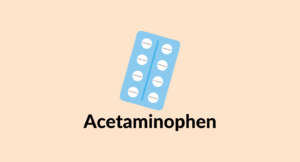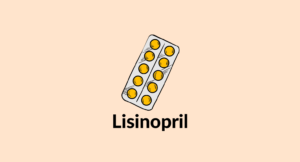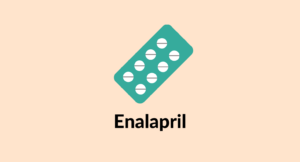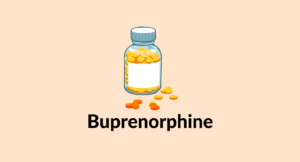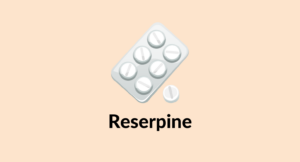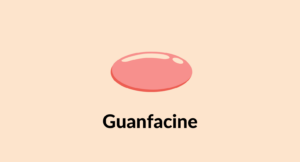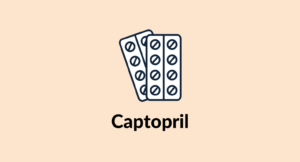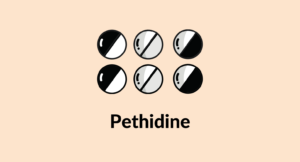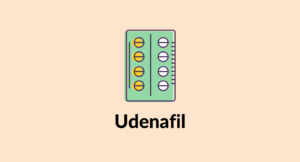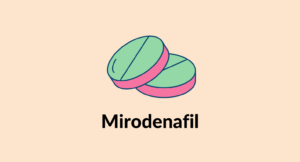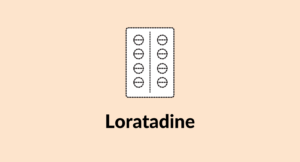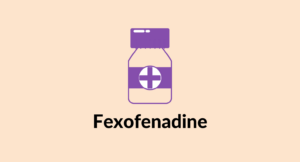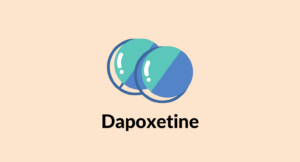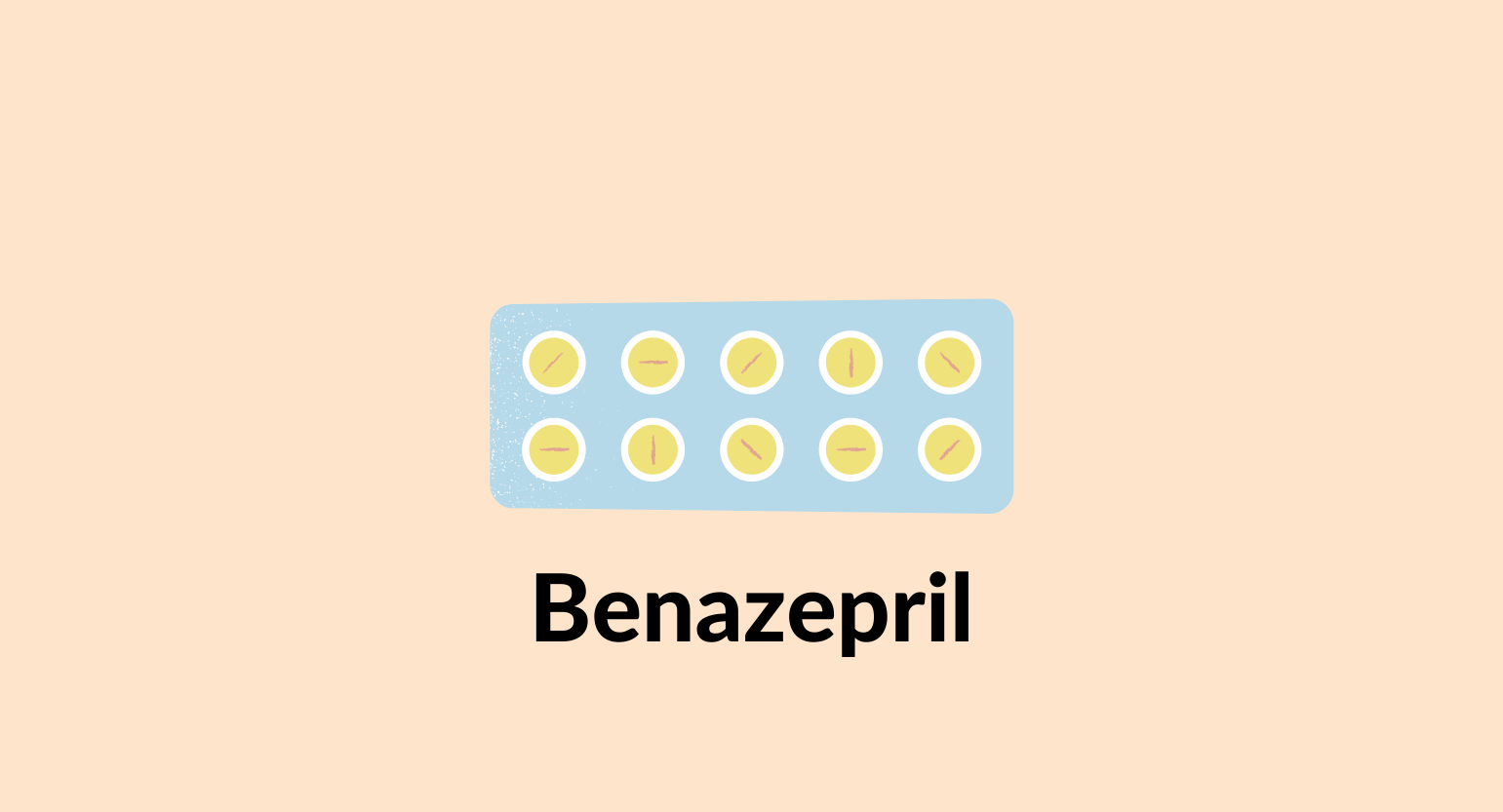
Does CBD Interact With Benazepril Hydrochloride (Lotensin)?
Benazepril hydrochloride is an antihypertensive of the class called angiotensin-converting enzyme (ACE) inhibitors. It is used to treat high blood pressure, congestive heart failure, and chronic renal failure.
If you take cannabidiol (CBD) and benazepril together, these two drugs may interact in the body, causing some enhanced effects and some side effects.
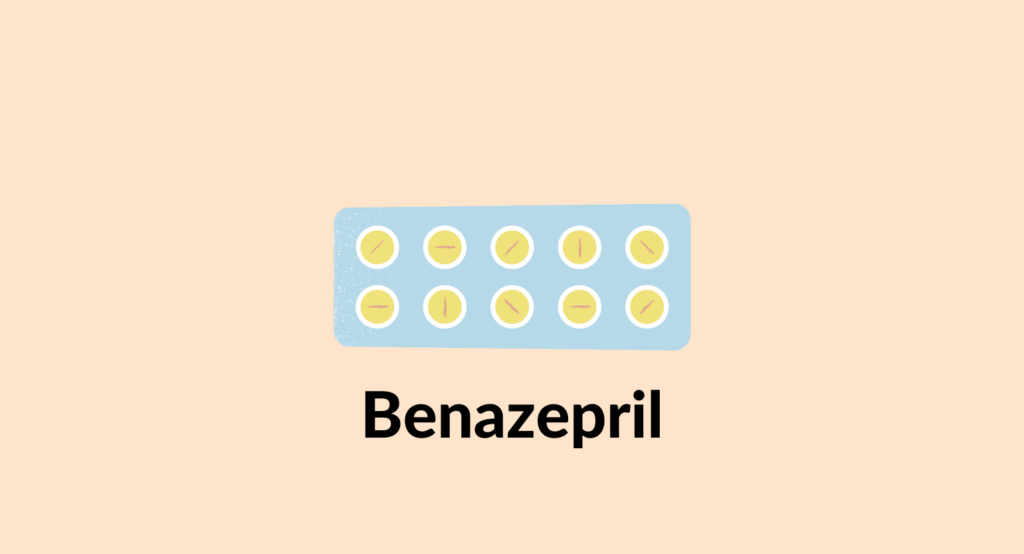
Does CBD Interact With Benazepril Hydrochloride (Lotensin)?
Yes. CBD can interact with benazepril hydrochloride. They may have a mild to mostly moderate level of interaction.
CBD is an agonist to benazepril hydrochloride, which means taking them together could increase benazepril hydrochloride’s effects. This interaction could cause side effects like a sudden decrease in blood pressure, headache, fainting, etc.
CBD can interact with benazepril hydrochloride in two ways:
A. CBD Can Increase Benazepril Hydrochloride’s Effects On the Body (Agonistic Interaction)
When two substances show similar effects on the body, they’re called agonists to each other. Thus, consuming such substances together can cause them to exert more powerful effects, which may become dangerous.
Benazepril hydrochloride can decrease blood pressure by inhibiting the actions of the angiotensin-converting enzyme (ACE) and preventing the conversion of angiotensin I to angiotensin II.
CBD can also affect blood pressure by acting on the endocannabinoid system.
As both these drugs can decrease blood pressure levels in the body, taking them together can cause a rapid decrease in blood pressure. This could cause side effects like dizziness, postural hypotension, fainting, etc.
B. CBD May Slow Down Benazepril Hydrochloride’s Metabolization (Metabolic Competition)
Metabolic competition happens when two substances require the same enzymes for metabolism, leading to them competing against each other for the said enzymes. This means taking them together can cause an increased accumulation of one or both drugs.
Most of the angiotensin-converting enzyme inhibitors get partially metabolized in the CYP3A4 system, but they are not very involved in P450 interactions [1].
Benazepril hydrochloride gets converted to its active enzyme benazeprilat in the liver. Like other ACE inhibitors, it may also undergo hepatic metabolism by CYP3A4. However, the precise enzyme that metabolizes it is not known.
On the other hand, CBD uses the same enzyme for metabolism.
Hence, using them together may cause metabolic inhibition between them, slowing down their metabolism and how quickly they leave the body, causing an increased risk of adverse effects. While there are very few chances of this happening, it is still possible and should always be taken into account.
Similar Medications: CBD & ACE inhibitors
Benazepril hydrochloride is an angiotensin-converting enzyme inhibitor. CBD and ACE inhibitors all share similar risks for interaction and side effects since they’re all used to decrease blood pressure levels and congestive heart failure.
Here’s a list of similar medications that share a similar level of risk when combined with CBD:
- Captopril (Capoten)
- Enalapril Maleate (Vasotec)
- Fosinopril Sodium (Monopril)
- Lisinopril (Prinivel & Zestril)
- Moexipril (Univasc)
- Perindopril (Aceon)
- Quinapril Hydrochloride (Accupril)
- Ramipril (Altace)
- Trandolapril (Mavik)
Is It Safe to Take CBD & Benazepril Hydrochloride (Lotensin) Together?
CBD and benazepril hydrochloride can have a moderate level of interaction with each other. It may worsen with high doses, taken for a long duration.
Since both drugs have antihypertensive properties, they could lessen the blood pressure more than normal. Besides this, long-term usage may cause the excess accumulation of both drugs in the body, causing more side effects.
Nevertheless, always consult your prescribing physician first if you want to take them together. If you encounter any abnormal side effects, get medical treatment at once.
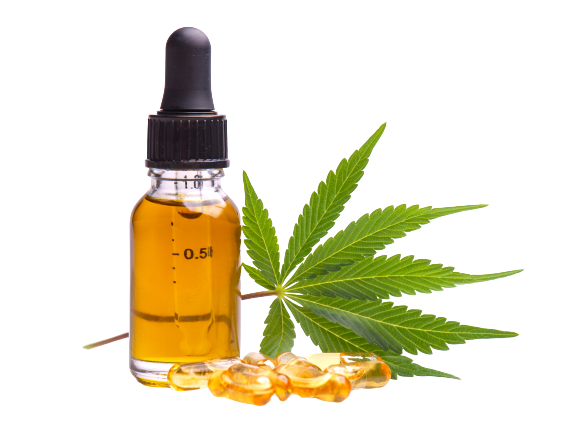
Is CBD A Viable Alternative to Benazepril Hydrochloride (Lotensin)?
CBD, though possessing antihypertensive abilities, cannot be considered to be equal to stronger antihypertensive drugs like benazepril hydrochloride.
CBD can lower blood pressure by working on the CB1 receptors in the endothelium. This causes a release of nitric oxide, whose action on the blood vessel dilates it, leading to a decrease in blood pressure [2].
One study showed that CBD reduces blood pressure in users who also have tachycardia [3].
CBD has antioxidative and anti-inflammatory properties too, which can also help treat inflammatory conditions that cause high blood pressure [4].
CBD has the potential to be a good adjunct and may even work as a mild antihypertensive, but it may not be adequate for use in severe conditions.
What is Benazepril Hydrochloride (Lotensin)?
Benazepril hydrochloride (Lotensin) is an antihypertensive class called angiotensin-converting enzyme (ACE) inhibitor. It treats hypertension, congestive heart failure, reduced proteinuria, and renal disease in patients with nephropathies.
It can also prevent stroke, myocardial infarction, and cardiac death in high-risk patients. One of its commonly used brand names is Lotensin.
It is FDA-approved and available as a prescription drug.
Benazepril Hydrochloride (Lotensin) Specs:

| Drug Name | Lotensin |
| Trade Name | Amlobenz, Benzil, Lotensin Hct, Lotrel |
| Classification | Angiotensin-converting enzyme (ACE) inhibitor |
| CYP Metabolism | CYP3A4 |
| Interaction With CBD | Agonistic, Metabolic competition |
| Risk of Interaction | Moderate |
Other Names For Benazepril Hydrochloride (Lotensin)
Benazepril hydrochloride is sold under many different names. All share the same risk and potential interactions.
Other names for benazepril hydrochloride (Lotensin) include:
- Amlobenz
- Benzil
- Lotensin Hct
- Lotrel
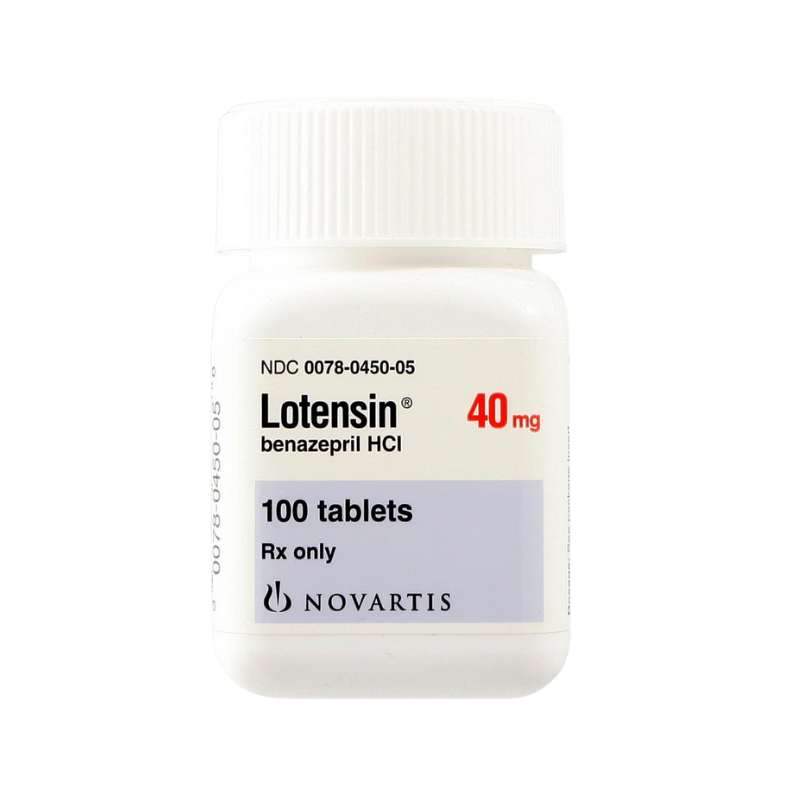
What Does Benazepril Hydrochloride (Lotensin) Do?
Benazepril hydrochloride is a prodrug that gets hydrolyzed by esterases to its active form benazeprilat. It can inhibit the angiotensin-converting enzyme (ACE).
ACE works by converting angiotensin I (ATI) to angiotensin II (ATII). The ATII can regulate blood pressure and is the main component in the renin-angiotensin-aldosterone system (RAAS).
The RAAS mechanism controls and regulates the circulation of blood and water, and balances electrolytes. There will be a release of renin from the kidneys at the moment of sympathetic stimulation or when there is less blood pressure or less blood flow into the kidneys.
This renin will now convert the circulating angiotensinogen in the bloodstream into ATI. ATI is then converted into ATII by ACE. ATII stimulates the secretion of aldosterone from the adrenal cortex, which then causes an increased sodium and water reabsorption. This leads to a rise in blood pressure.
ATII can also stimulate the secretion of vasopressin or the antidiuretic hormone (ADH) from the posterior pituitary gland. This action allows further reabsorption of water from the kidneys. ATII also directly constricts the arteries, causing a rise in blood pressure.
Benazepril hydrochloride stops this by competing against angiotensin I for binding at the angiotensin-converting enzyme. This blocks the conversion of angiotensin I to angiotensin II and thus lowers blood pressure.
It has a half-life of 10 to 12 hours, and it stays in the system for almost 24 hours.
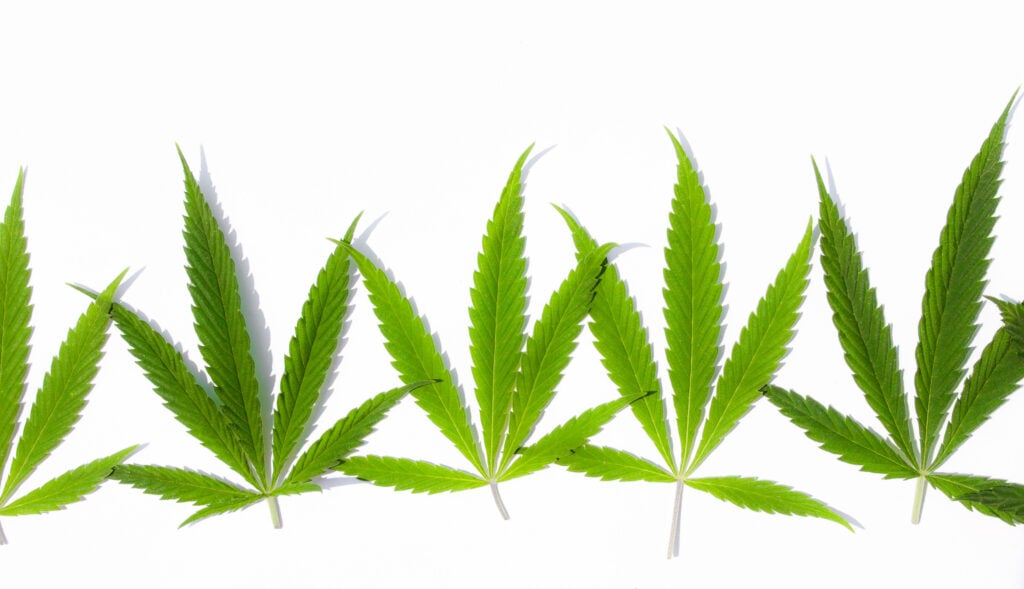
Side Effects of Benazepril Hydrochloride (Lotensin)
Benazepril hydrochloride should not be used in pregnancy as it can affect the renin-angiotensin system in babies, causing oligohydramnios and may even cause fetal death.
Anyone with a history of hereditary or idiopathic angioedema should not use this drug.
Side effects of Benazepril Hydrochloride (Lotensin)
- Alopecia
- Arthralgia
- Arthritis
- Chest pain
- Cough
- Dermatitis
- Dizziness
- Dyspnea
- Fatigue
- Flushing
- Gastritis
- Headache
- Hyperglycemia
- Hypersensitivity
- Hypotension
- Impotence
- Increased sleepiness
- Insomnia
- Nausea
- Palpitations
- Proteinuria
- Rash
- Vomiting

Key Takeaways: Is it Safe to Take Benazepril Hydrochloride (Lotensin) With CBD?
Taking CBD and benazepril together has a moderate chance of interaction. Taking both drugs together can cause side effects such as a rapid drop in blood pressure, dizziness, etc. This is especially true for the long-term use of both drugs. A small dosage of both for a short period may reduce the chances of such interaction.
However, never take both of them together without consulting your prescribing physician first.
CBD has the potential to treat milder cases of hypertension or be an adjunct to other antihypertensives.
References
- Sadovsky, R. (2002). Antihypertensive agents and cytochrome p450 interactions. American Family Physician, 65(11), 2356.
- Stanley, C. P., Hind, W. H., Tufarelli, C., & O’Sullivan, S. E. (2015). Cannabidiol causes endothelium-dependent vasorelaxation of human mesenteric arteries via CB1 activation. Cardiovascular Research, 107(4), 568-578.
- Jadoon, K. A., Tan, G. D., & O’Sullivan, S. E. (2017). A single dose of cannabidiol reduces blood pressure in healthy volunteers in a randomized crossover study. JCI insight, 2(12).
- Atalay, S., Jarocka-Karpowicz, I., & Skrzydlewska, E. (2020). Antioxidative and anti-inflammatory properties of cannabidiol. Antioxidants, 9(1), 21.
Signup to our newsletter
Be the first to know about our newest arrivals and special offers!
